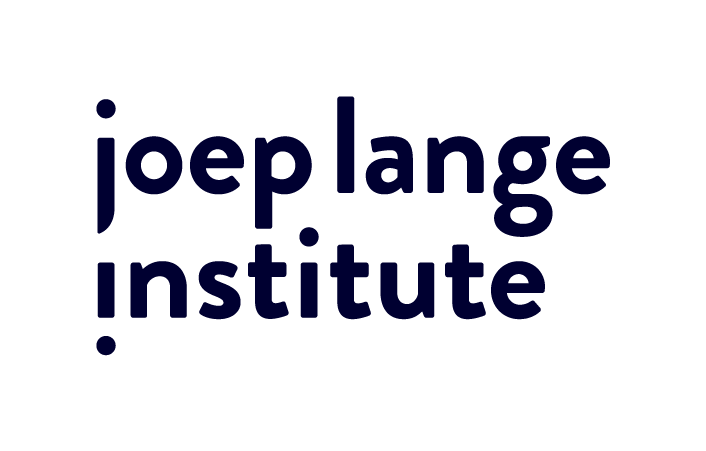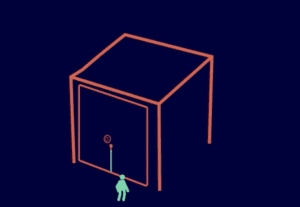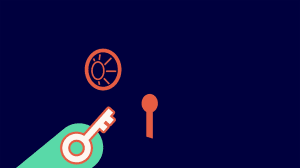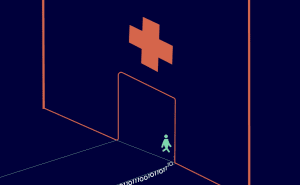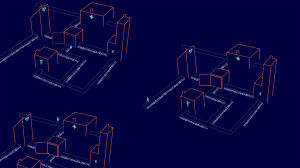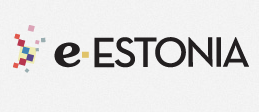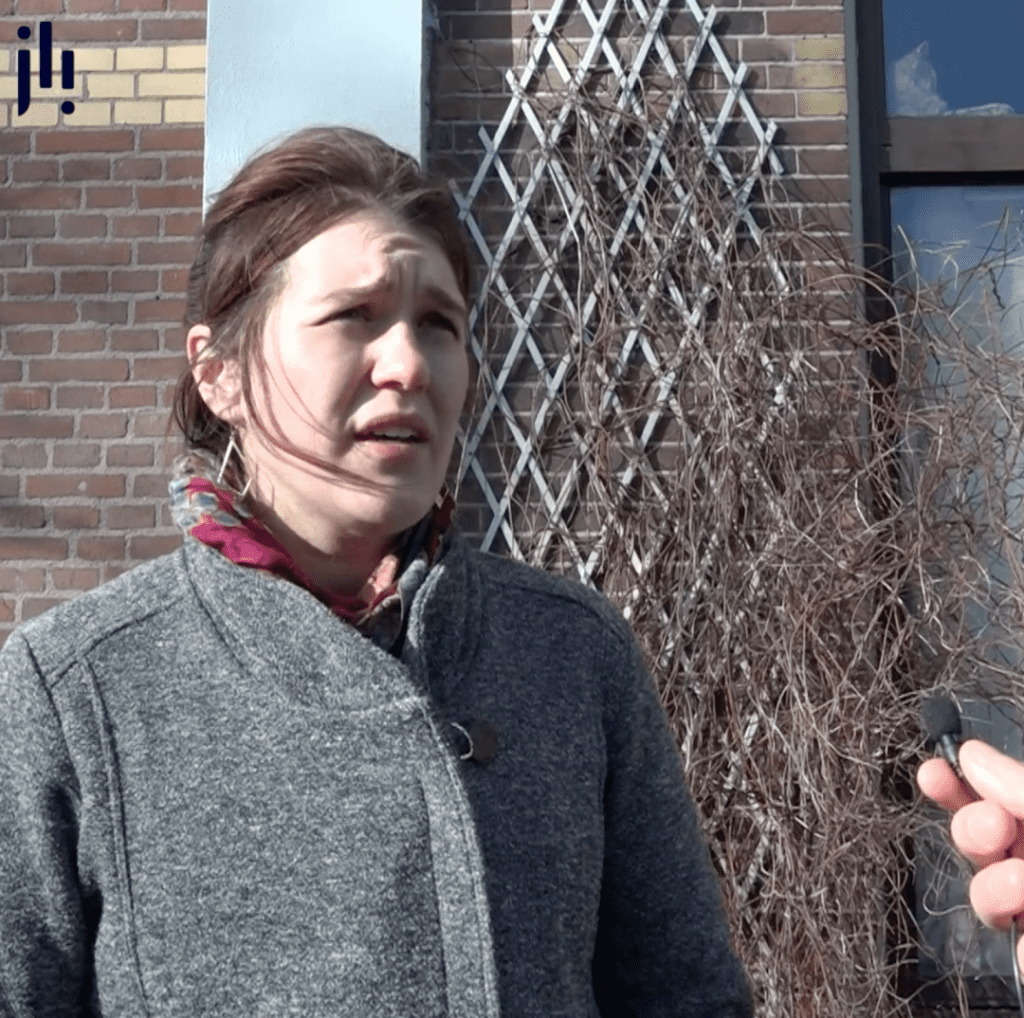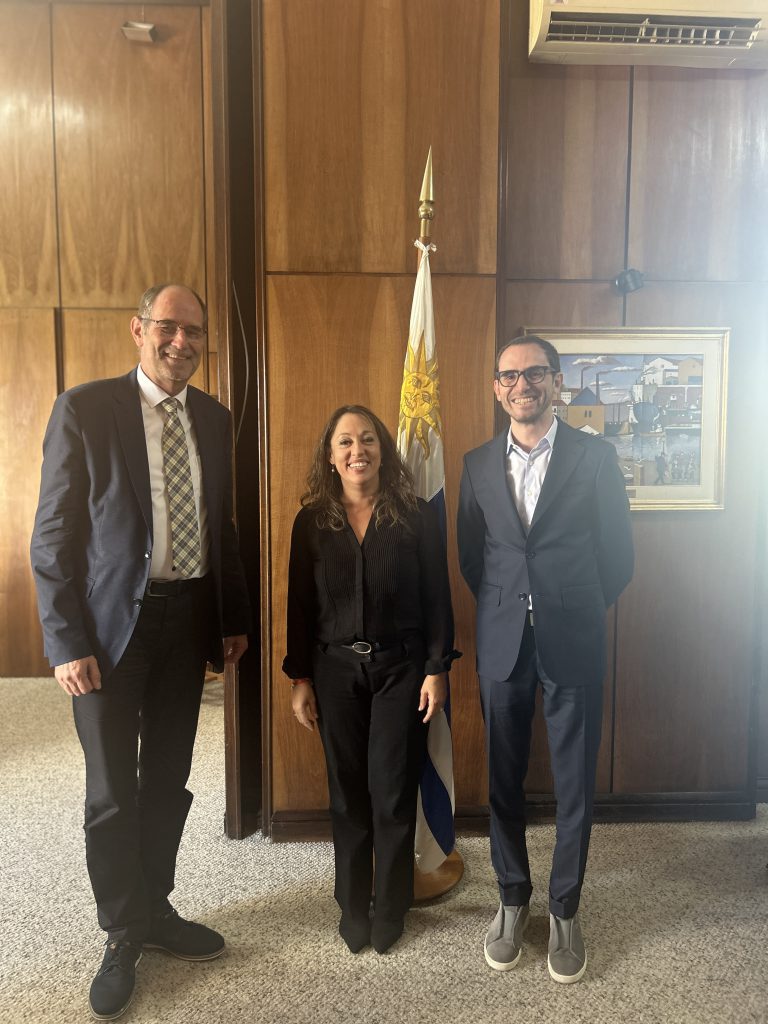We push to find solutions that allows society to share health data and to create value from it, safely and in the interest of all. We believe that data as an economic input could be governed through public-private partnerships for social capital development. These institutions have proven to be very effective in creating value for society, such as pension funds.
What is a Health Data Collective?
A Health Data Collective is an organization or initiative that gathers, manages, and shares health-related data from multiple sources including hospitals, clinics, insurance providers, research institutions and patients themselves. The primary goal of these collectives is to create a centralized resource of health data that can be used to improve healthcare delivery, conduct medical research, and support public health initiatives.
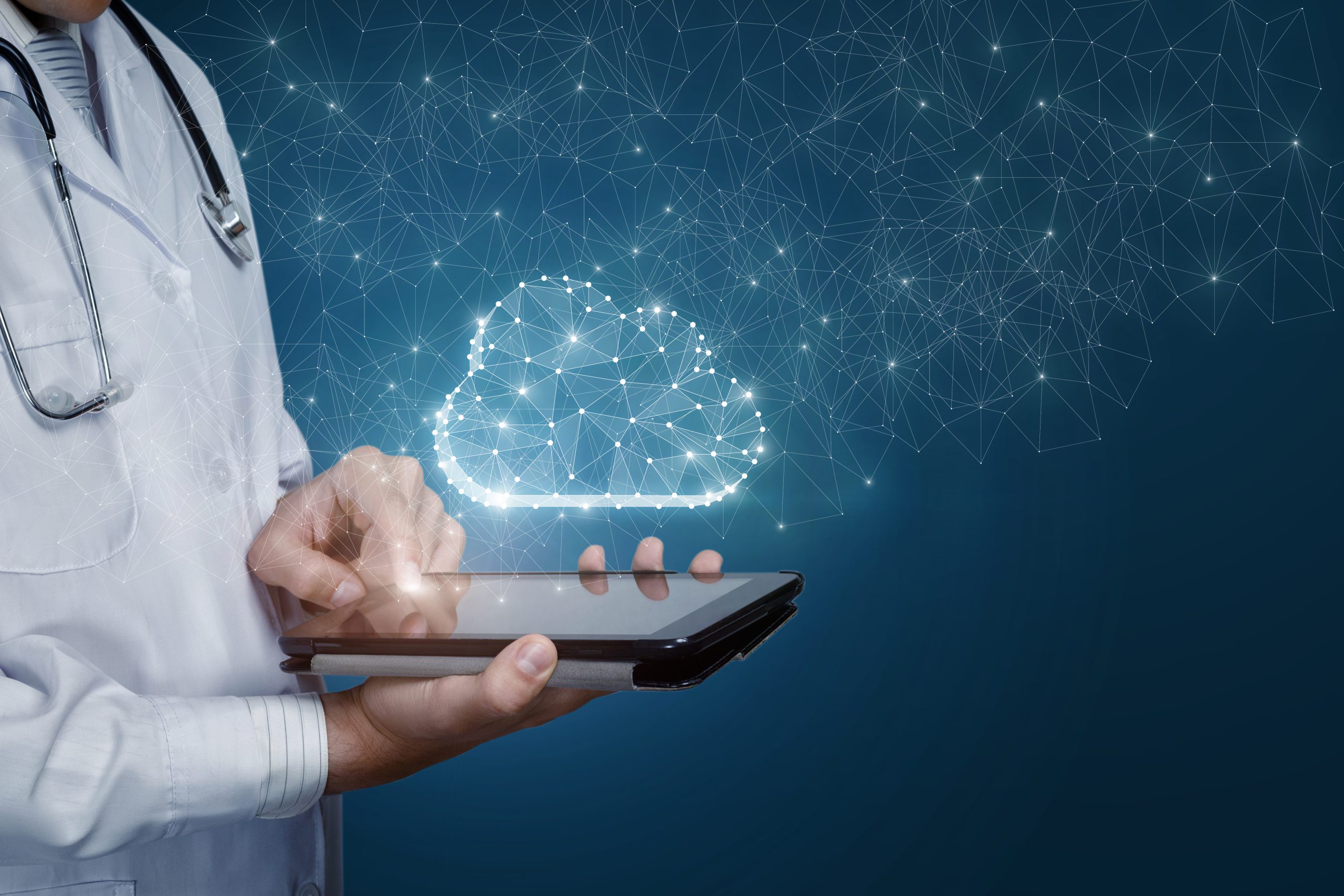
Health Data Collectives aggregate individual’s personal health data via encrypted, safe storage and secure key access to help improve patient outcomes and accelerate scientific breakthroughs.
Why a Health Data Collective? How can it improve healthcare? What’s in it for me?
How does a Health Data Collective work?
Health Data Collectives pool anonymized medical data from individuals, researchers, and institutions to enable large-scale analysis. Participants share data voluntarily, promoting transparency and privacy.
Additional Health Data Collectives around the world
Here are a few examples of Health Data Collectives that are currently operating around the world. We feel that putting the individual in control of their data is a key differentiator to building a sustainable health data collective.
